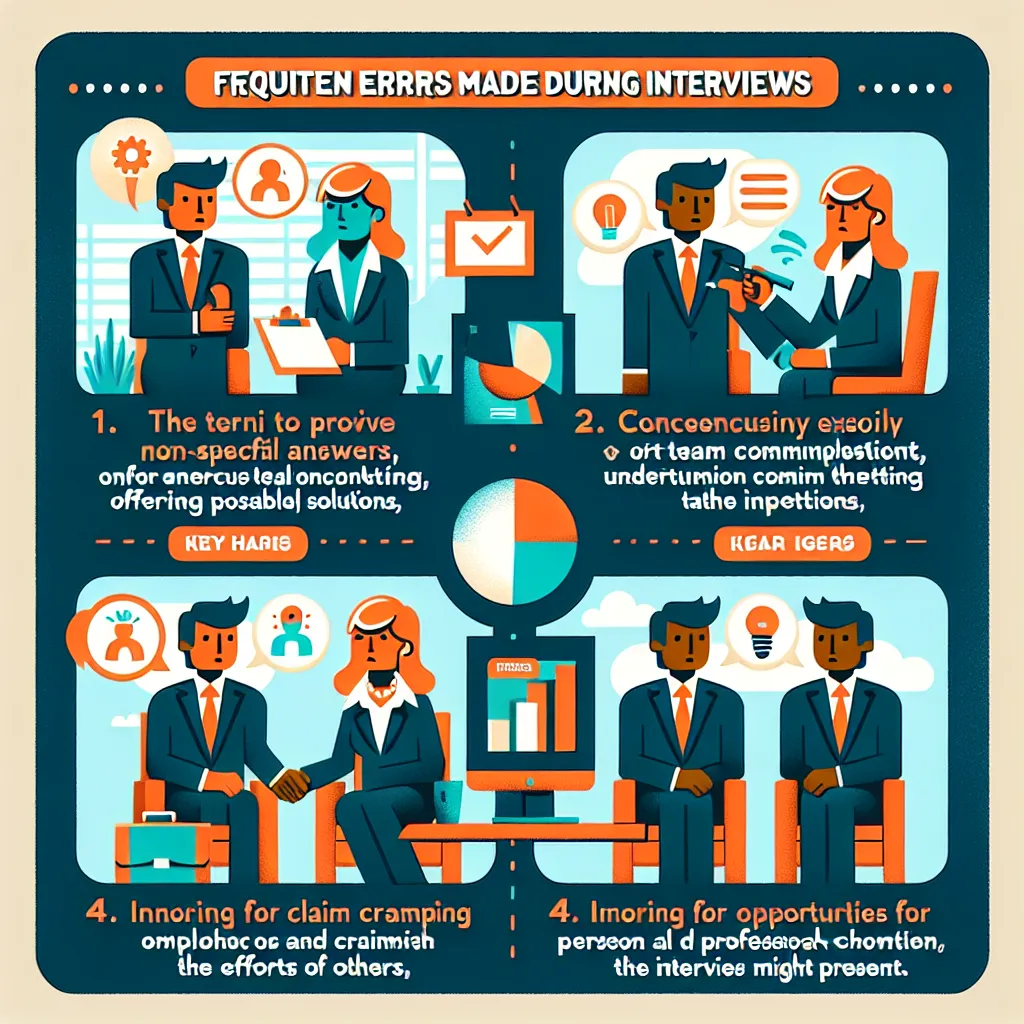When preparing for an English interview, one of the key skills you’ll need to showcase is your problem-solving ability. Employers highly value candidates who can effectively tackle challenges and find innovative solutions. In this article, we’ll explore how to articulate your problem-solving experience in a way that impresses interviewers and highlights your capabilities.
Understanding the Importance of Problem-Solving Skills
Problem-solving is a critical skill in almost every workplace. It involves identifying issues, analyzing situations, and developing effective solutions. When interviewers ask about your problem-solving experience, they’re looking to assess your analytical thinking, creativity, and ability to handle workplace challenges.
How Interviewers Evaluate Problem-Solving Skills
Interviewers typically evaluate problem-solving skills through:
- Specific examples you provide
- Your approach to analyzing problems
- Your ability to implement solutions
- Your capacity to learn from experiences
 Problem-solving skills evaluation
Problem-solving skills evaluation
Structuring Your Response
When discussing your problem-solving experience, use the STAR method (Situation, Task, Action, Result) to structure your answers effectively.
Sample Question and Response
Interviewer: “Can you tell me about a time when you faced a significant problem at work and how you solved it?”
Sample Response:
“Certainly. In my previous role as a project manager at ABC Company, we faced a critical issue when our main supplier unexpectedly went out of business just two weeks before a major product launch. This situation threatened to delay our launch and potentially cost the company millions in lost revenue.
My task was to find an alternative solution quickly to ensure we met our launch deadline. I took immediate action by:
- Conducting rapid research to identify potential new suppliers
- Negotiating with three promising candidates for expedited production
- Reorganizing our internal processes to accommodate a tighter timeline
As a result of these actions, we successfully secured a new supplier who could meet our deadline. We launched the product on time, avoiding any revenue loss. This experience taught me the importance of having contingency plans and the value of quick, decisive action in crisis situations.”
Key Elements to Include
When discussing your problem-solving experience:
- Choose relevant examples
- Highlight your analytical process
- Emphasize your decision-making skills
- Showcase your ability to work under pressure
- Demonstrate the positive outcomes of your solutions
Common Mistakes to Avoid
When talking about problem-solving, avoid these common pitfalls:
- Being too vague or general
- Focusing on problems without solutions
- Taking full credit in team situations
- Overlooking the learning aspect of problem-solving
 Common mistakes in problem-solving interviews
Common mistakes in problem-solving interviews
Handling Questions Outside Your Experience
If asked about a problem-solving scenario you haven’t encountered, try this approach:
- Acknowledge the situation’s uniqueness
- Draw parallels to similar experiences
- Outline a hypothetical approach
- Emphasize your adaptability and willingness to learn
For example: “While I haven’t faced that exact situation, I encountered a similar challenge when… In this new scenario, I would approach it by…”
Follow-Up Questions and Sample Answers
-
Q: How do you approach complex problems?
A: “I break down complex problems into smaller, manageable parts. I analyze each component, prioritize actions, and tackle them systematically. This approach helps me maintain focus and progress efficiently.” -
Q: Can you describe a time when your initial solution to a problem didn’t work?
A: “In a previous project, my initial solution for optimizing our workflow didn’t yield the expected results. I quickly reassessed the situation, gathered feedback from team members, and implemented a revised plan that ultimately improved our efficiency by 30%.” -
Q: How do you make decisions when you don’t have all the information?
A: “When facing incomplete information, I focus on what I do know, identify critical missing pieces, and consult with colleagues or experts if possible. I then make the best decision based on available data, always ready to adjust as new information comes to light.” -
Q: How do you handle disagreements when solving problems in a team?
A: “I believe in open communication and active listening. When disagreements arise, I encourage all team members to express their views. We then evaluate each perspective objectively, focusing on the problem at hand rather than personal preferences.” -
Q: What’s your approach to preventing problems before they occur?
A: “I’m a strong believer in proactive problem-solving. I regularly conduct risk assessments, analyze trends, and implement preventive measures. For instance, in my last role, I implemented a quality check system that reduced production errors by 25%.”
Conclusion
Effectively communicating your problem-solving experience is crucial in English interviews. By using the STAR method, providing specific examples, and highlighting your analytical and decision-making skills, you can showcase your ability to handle workplace challenges. Remember to focus on positive outcomes and what you’ve learned from each experience. With practice and preparation, you’ll be well-equipped to impress interviewers with your problem-solving prowess.
For more tips on acing your English interview, check out our guide on how to prepare for an English interview. And if you’re looking to enhance your overall interview skills, don’t miss our article on how to use hypothetical statements to demonstrate your critical thinking abilities.




